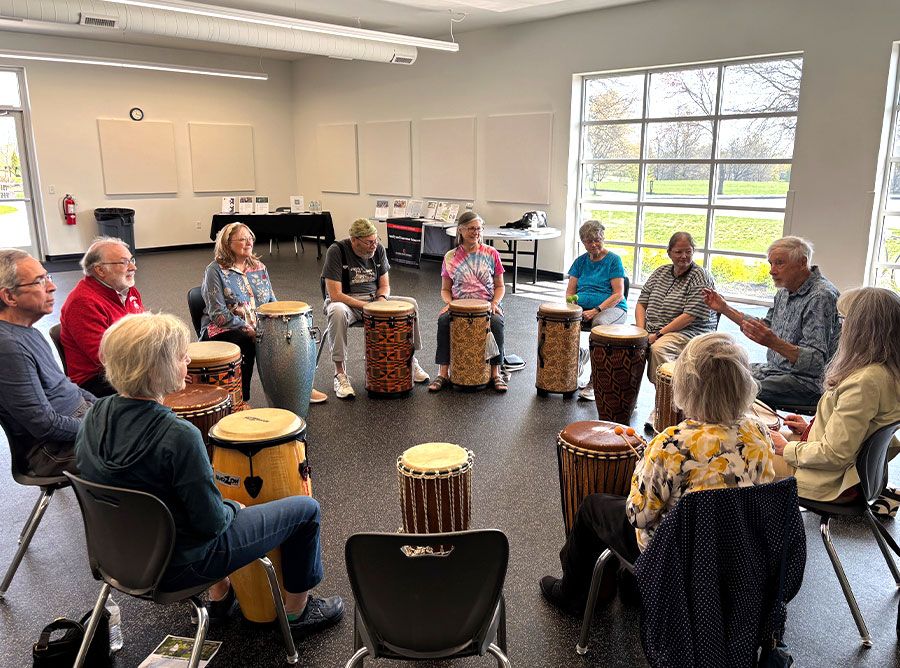The Need
The Need
While the pandemic of 2020 seems far away, the devastation and long-term effects it left us continues to hamper our daily lives. The tragic loss of lives during the pandemic was inconceivable, however, the physical, emotional, and mental negative effects it left us with continues to plague us and affect our lives. The three main issues facing individuals post COVID-19 are: mental health issues, substance use, and economic instability.
Related to mental health; anxiety and depression have increased. According to the Centers for Disease Control (CDC), recent data shows that the United States is in a mental health crisis, experienced by people of all ages. This trend was observed prior to the COVID-19 pandemic but has been worsened by pandemic-related factors.
Suicide and overdose deaths too have increased, particularly among communities of color and young people. According to the CDC, suicide rates increased 37% between 2000-2018 and decreased 5% between 2018-2020. However, rates returned to their peak in 20220.
Loneliness and isolation too are prevalent. People felt isolated and lonely due to pandemic restrictions. It is a well-known fact that social isolation and loneliness are high among older adults. An advisory in 2024 from Surgeon General Vivek Murthy revealed 46% of parents report feeling overwhelming levels of stress compared to 26% among adults without kids. Dr Murthy said that this is contributing to the nationwide ‘epidemic’ of loneliness and isolation.
Another factor influencing our lives after the pandemic is Grief due to illness and loss. According to PBS News, the scale and complexity of pandemic-related grief have created a public health burden that could deplete Americans’ physical and mental health for years, leading to more depression, substance misuse, suicidal thinking, sleep disturbances, heart disease, cancer, high blood pressure and impaired immune function. A mother who lost her daughter to COVID said: “Unequivocally, grief is a public health issue, you could call it the grief pandemic.”
Regarding substance use drug overdose deaths have increased, largely due to fentanyl. Drug overdoses are one of the leading causes of injury death in adults and have risen over the past several decades in the United States. Overdoses involving synthetic opioids (fentanyl, for example) and stimulants (cocaine and methamphetamine, for example) have also risen in the past few years.
According to the National Institutes of Health (NIH) economic instability leads to poor health outcomes. Evidenced by a review of 100 papers, it showed that unemployment, income decline, and debts had significant associations with poor self-reported mental health, increased rates of common mental disorders, increase in substance use disorders, and suicidal behaviors in adults. (Frasquilho et al., 2016).



